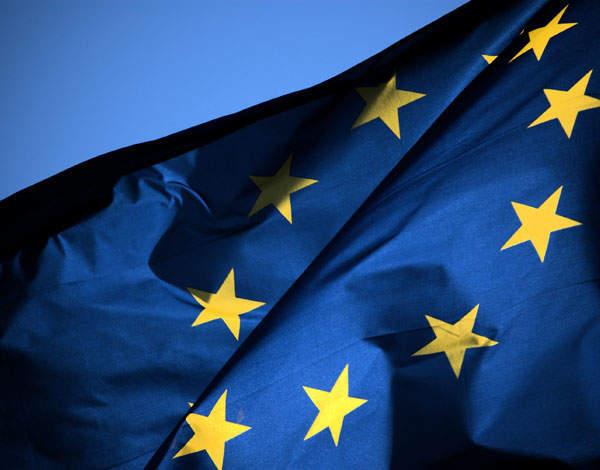

Unexpected news has emerged from Europe in the past week that lawmakers want the contents and beneficiaries of trusts to be made public. This law would disproportionately affect Britons, who often have completely innocuous trusts (for mortgages or bequests), potentially destroying long-cherished privacy for no obvious benefit.
Read more on tax and trust from Spear’s
Fay Copeland, partner at London law firm Wedlake Bell, commenting on EU plans for a register of trusts listing the ultimate owners said:
‘These plans are invasive and aggressive, and I fear if they go ahead, will deter many people from creating trusts going forward, and trusts may slowly disappear. I can only hope that there is scope for amendment in these final few legislative stages, and that the Government will do all it can to resist something that would have a devastating impact on people’s estate planning choices in the UK.
‘Trusts have been around in English law for centuries. They are a traditional and legitimate mode of family estate planning. However Europe views them with suspicion and as vehicles for tax avoidance, which is unfounded and simply untrue. In fact trusts in the UK are now heavily taxed and very few people now create them for tax reasons. They are more used for asset protection and generation planning.
‘Trusts in the UK are generally private, family structures. The information is confidential to those closely involved in the trust, and never a matter of public record.
‘The plans are potentially unworkable in practice. Banks, lawyers and accountants will not have details of all of the trusts in the UK. There are millions in existence here, big and small, and the smaller of which are very likely not be on the books of the professionals, but maintained and run by family.
‘This is particularly so with trusts of jointly held land, the owners of which may not even know that they have a trust. I find it difficult to see how a comprehensive public register could ever be fully enforced.’






